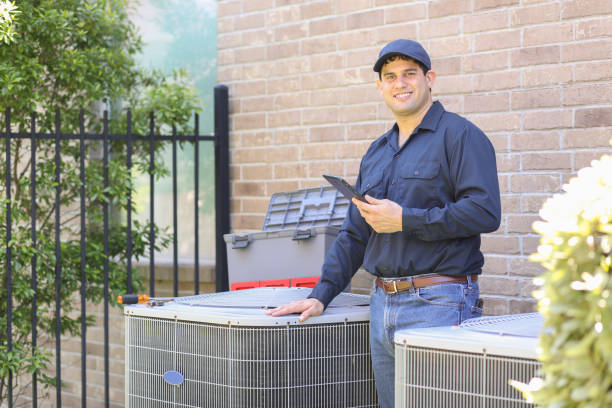
Professional home inspector and trainer Dan Bowers found that 60% of his students either did not start or are no longer employed after completing the home inspector training. The failure rate was comparable for one of the largest training schools in the country. He says the reason for the high failure rate is that many inspectors are “unprepared for the harsh realities of starting a business from scratch.” By following these tips for building a strong business foundation and finding the right tools to help you scale, you can be one of the 40% of inspectors who create a successful home inspection Montgomery County TX.
1. Create a business plan
A business plan is a written document that helps you define the objectives of your audit engagement, how you will achieve them and how long it will take. You might think that the purpose of a business plan is to attract investors, but it’s actually an exercise in being realistic with yourself about what you want to achieve and how you want to do it. A good business plan includes an executive summary, an overview of your services and pricing, competitive research and market analysis, and marketing and sales strategy. Going through these sections will force you to think about your business model and strategy to compete with your peers. The US Small Business Administration provides information to help you do market research and competitive analysis, learn how to calculate your startup costs, and write your business plan.
2. Choose your legal business structure
Before registering your business with the government or applying for licenses and permits, you must choose your legal business structure. Your legal business structure affects transactions, taxes and even your personal liability. American companies have several options for corporate structure, each with its own benefits and risks. A few common structures are: Ownership. This is a simple structure if you are the only person in your business or if your inspectors will work as contractors, not employees. However, sole proprietorships are not considered separate business entities, so your business assets and liabilities are not separate from your personal assets and liabilities.
Partnership. If you want to start a house inspection company together with a partner,
You can consider a limited partnership or a limited partnership. In a limited partnership, one partner has unlimited liability, and the other partners have limited liability. In a limited liability company, all partners have limited liability and cannot be held responsible for the actions of other partners. Limited liability Company (LLC). An LLC is kind of a hybrid of a partnership and a corporation.
LLCs protect you from personal liability
And your personal assets are not at risk if your business faces bankruptcy or lawsuits. You also avoid paying corporation tax rates, but you are considered self-employed and must pay home inspection Harris county TX A corporation, also known as a C corporation, is considered completely separate from its owners. Corporations offer the strongest protection against personal liability, but are more expensive and require more extensive registration.




